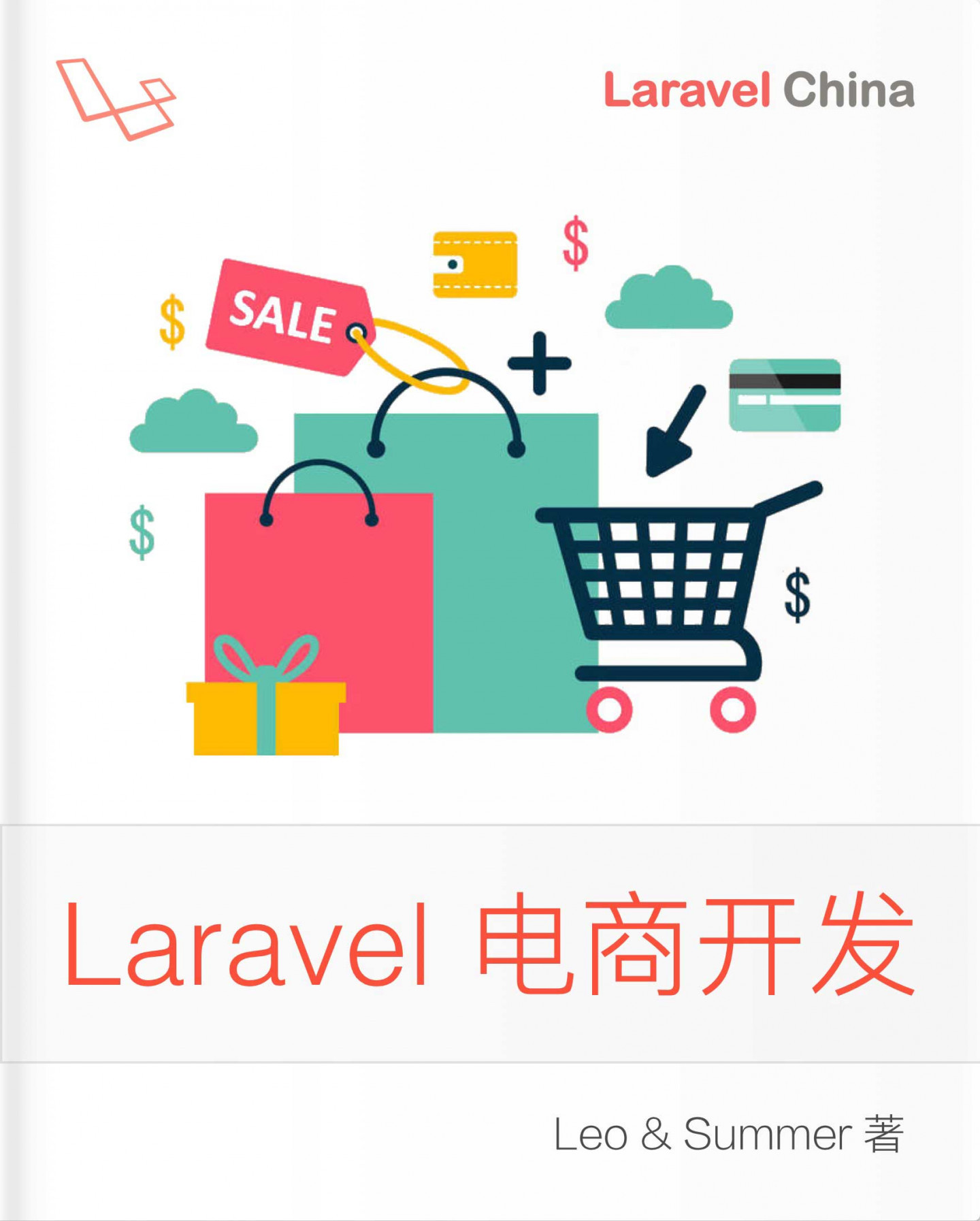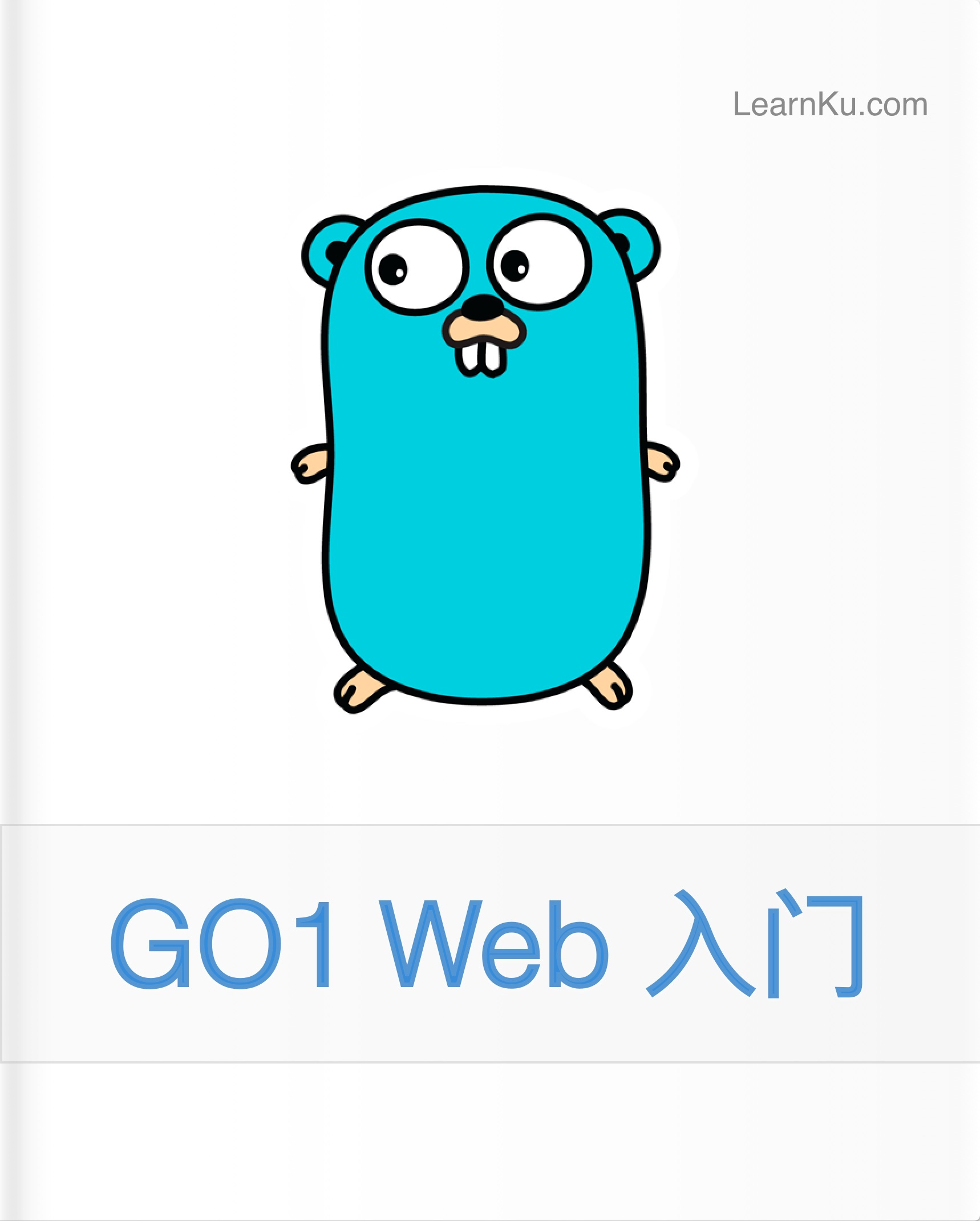序列化
Eloquent:序列化
简介
在使用 Laravel 构建 API 时,你经常需要将模型及其关系转换为数组或 JSON。Eloquent 提供了方便的方法来进行这些转换,同时也允许你控制模型序列化表示中包含哪些属性
如果你希望以更强大的方式处理 Eloquent 模型与集合的 JSON 序列化,可以查看 Eloquent API 资源 的文档。
模型与集合的序列化
序列化为数组
若要将模型及其已加载的 关系 转换为数组,可使用 toArray 方法。该方法是递归的,因此所有属性和所有关系(包括关系的关系)都会被转换为数组:
use App\Models\User;
$user = User::with('roles')->first();
return $user->toArray();如果你只想转换模型的属性而不包含其关系,可以使用 attributesToArray 方法:
$user = User::first();
return $user->attributesToArray();你还可以通过对模型 集合 调用 toArray 方法,将整个集合转换为数组:
$users = User::all();
return $users->toArray();序列化为 JSON
若要将模型转换为 JSON,可使用 toJson 方法。与 toArray 类似,toJson 方法也是递归的,因此所有属性和关系都会被转换为 JSON。你也可以传递任何 PHP 支持的 JSON 编码选项:
use App\Models\User;
$user = User::find(1);
return $user->toJson();
return $user->toJson(JSON_PRETTY_PRINT);或者,你也可以将模型或集合类型转换为字符串,这会自动调用模型或集合的 toJson 方法:
return (string) User::find(1);由于模型和集合转换为字符串时会变为 JSON,因此你可以直接从应用的路由或控制器返回 Eloquent 对象。当它们从路由或控制器返回时,Laravel 会自动将 Eloquent 模型和集合序列化为 JSON:
Route::get('/users', function () {
return User::all();
});关系
当 Eloquent 模型被转换为 JSON 时,它已加载的关系会自动作为属性包含在 JSON 对象中。另外,虽然 Eloquent 关系方法是使用「camel case」命名法,但关系在 JSON 中的属性名称将会被转换为「snake case」。
在 JSON 中隐藏属性
有时你可能希望限制某些属性(例如密码)包含在模型的数组或 JSON 表示中。为此,可以向模型添加 $hidden 属性。列在 $hidden 数组中的属性将在序列化表示中被排除:
<?php
namespace App\Models;
use Illuminate\Database\Eloquent\Model;
class User extends Model
{
/**
* 在序列化时应被隐藏的属性。
*
* @var array<string>
*/
protected $hidden = ['password'];
}若要隐藏关系,请将关系方法名称添加到 Eloquent 模型的
$hidden属性中。
另外,也可以使用 $visible 属性定义应在模型数组和 JSON 表示中包含的「仅允许列表」属性。所有未列在 $visible 数组中的属性在转换为数组或 JSON 时将被隐藏:
<?php
namespace App\Models;
use Illuminate\Database\Eloquent\Model;
class User extends Model
{
/**
* 在数组表示中应可见的属性。
*
* @var array
*/
protected $visible = ['first_name', 'last_name'];
}临时修改属性可见性
如果你希望让某些通常被隐藏的属性在某个模型实例中可见,可以使用 makeVisible 方法。该方法会返回模型实例:
return $user->makeVisible('attribute')->toArray();同样地,如果你希望隐藏某些通常可见的属性,可以使用 makeHidden 方法:
return $user->makeHidden('attribute')->toArray();如果你想要临时覆盖所有可见或隐藏的属性,可以分别使用 setVisible 和 setHidden 方法:
return $user->setVisible(['id', 'name'])->toArray();
return $user->setHidden(['email', 'password', 'remember_token'])->toArray();向 JSON 添加值
有时在将模型转换为数组或 JSON 时,你可能希望添加一些在数据库中并没有对应字段的属性。要实现这一点,首先需要为该值定义一个 访问器(accessor):
<?php
namespace App\Models;
use Illuminate\Database\Eloquent\Casts\Attribute;
use Illuminate\Database\Eloquent\Model;
class User extends Model
{
/**
* 判断用户是否为管理员。
*/
protected function isAdmin(): Attribute
{
return new Attribute(
get: fn () => 'yes',
);
}
}如果你希望该访问器在模型的数组或 JSON 表示中始终被追加,可以将该属性名称加入模型的 $appends 属性中。注意,属性名称通常使用其「snake case」序列化形式引用,即使该访问器在 PHP 方法中是以「camel case」定义的:
<?php
namespace App\Models;
use Illuminate\Database\Eloquent\Model;
class User extends Model
{
/**
* 在模型数组形式中应被追加的访问器。
*
* @var array
*/
protected $appends = ['is_admin'];
}一旦属性被添加到 appends 列表中,它将被包含在模型的数组和 JSON 表示中。appends 数组中的属性也会遵循模型上配置的 visible 和 hidden 设置。
运行时追加属性
在运行时,你可以使用 append 方法指示某个模型实例追加额外的属性。或者,你也可以使用 setAppends 方法覆盖整个追加属性数组:
return $user->append('is_admin')->toArray();
return $user->setAppends(['is_admin'])->toArray();日期序列化
自定义默认日期格式
你可以通过覆盖 serializeDate 方法来自定义默认的序列化格式。此方法不会影响日期在数据库中的存储格式,仅影响其被序列化为数组或 JSON 时的格式:
/**
* 准备日期以用于数组 / JSON 序列化。
*/
protected function serializeDate(DateTimeInterface $date): string
{
return $date->format('Y-m-d');
}为单个属性自定义日期格式
你可以通过在模型的 属性类型转换声明 中指定日期格式,来为单个 Eloquent 日期属性自定义序列化格式:
protected function casts(): array
{
return [
'birthday' => 'date:Y-m-d',
'joined_at' => 'datetime:Y-m-d H:00',
];
}本译文仅用于学习和交流目的,转载请务必注明文章译者、出处、和本文链接
我们的翻译工作遵照 CC 协议,如果我们的工作有侵犯到您的权益,请及时联系我们。

 Laravel 12 中文文档
Laravel 12 中文文档





 关于 LearnKu
关于 LearnKu




推荐文章: